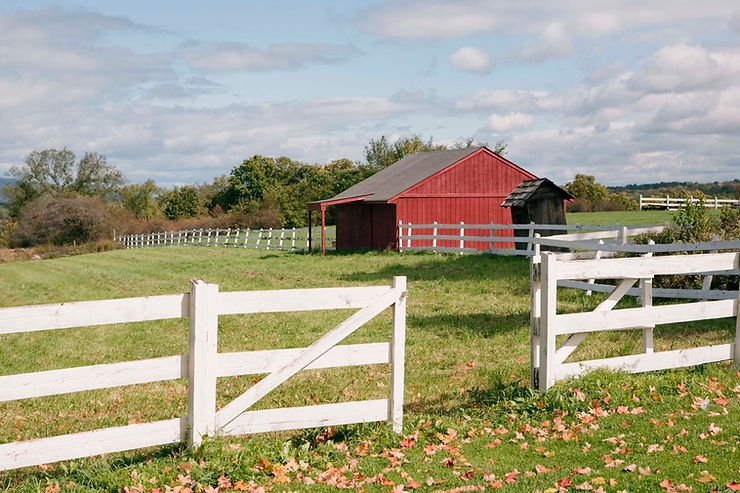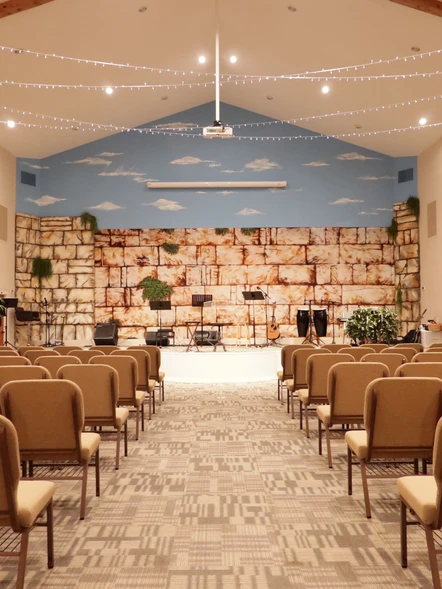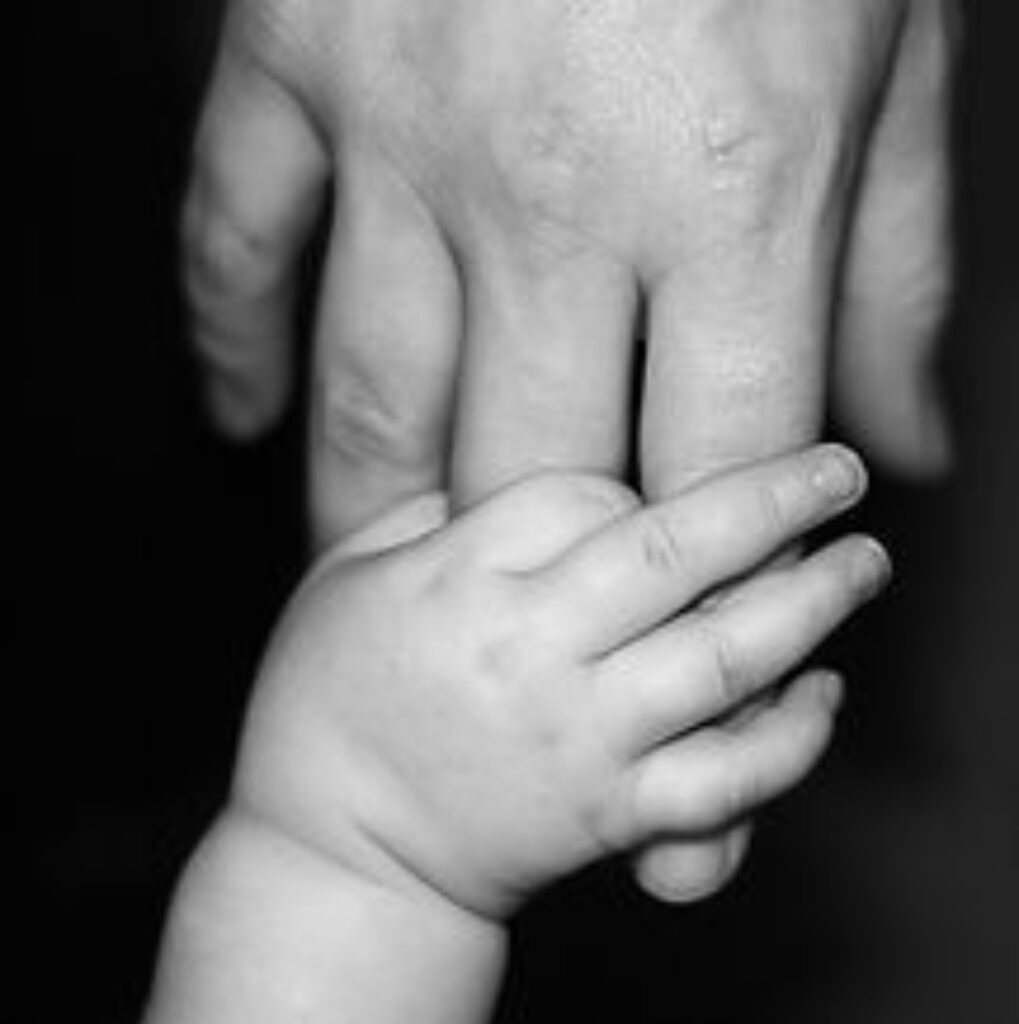There Is A Scripture
The Appalachian Trail is a 2050-mile hiking trail that starts in the mountains of Georgia and ends in the mountains of Maine…or vice versa depending on your starting point.
A fella, name of Earl Victor Schaffer “thru-hiked” it back in the days following his return home at the end of WWII. His tour lasted in the neighborhood of four years that finalized, for him, in the Pacific Theater of battle. He “walked off” the Army and the war as a lone hiker along the ridges of that range, high above the world below, every night but one spent sleeping “on trail”, in every kind of temperature and weather.
Along the way, he would pass small mountain farms and from above looking down he would note from time to time that this or that particular operation was “well kept”. In one instance, towards evening an old man was sitting on his porch, looking out, in my imagination, on a plowed field, split rail fences in good repair, outbuildings in the same condition without the crooked fitting doors, sagging roofs, and missing planks one sees in “un-kept” operations…and he, the farmer, sitting there to relax and survey, with a critical and sharp eye, what lay before him, and be in thought about things in need of doing the next day…and, in my imagination, thoughts about the beauty and miraculousness of The Creator’s, our Creator’s, handiwork.
I think there was a note of appreciation, even respect, in Earl’s contemplation of the farm below. Like the farmer, he was aware that good order and working conditions are something that has to be established and tended to be maintained. Even in the occupation of traversing mountain ridges, he was one to constantly modify and maintain his backpack, see to it that his boots were in good repair, and be on constant alert for what needed doing to complete his trek…so he knew that the farm below and the order it displayed was the result of constant and ongoing work.
“In the beginning, God created the heavens and the earth.
And the earth was without form, and void; and the darkness was upon the face of the deep. And the Spirit of God moved upon the face of the waters…
And God said…and there was…” Genesis 1:1-3 AKJV.
So the Creator, whose works I imagine the farmer to be contemplating, took the raw, unformed elements He had created and built out of them everything that is, giving structure and form and order…all things living and inert, living creatures and mankind… to live according to an order of things in harmony.
“And the Lord God planted a garden eastward in Eden; and there He put the man whom He had formed…
And the Lord God took the man, and put him into the garden of Eden to till it and keep it…” Genesis 2:8,15 AKJV
The thought for me here is that even in the garden of Eden, this place of perfect order, there would be necessary work to maintain it (till…keep).
However, one may think of this the “tilling”, the “keeping”, the being “fruitful and multiplying”…whether or not that included life, death, and new life cycle, at least for the produce of the land… well it was something that would seem required ongoing work…upkeep to care for and keep in order, according to His order, what He had given into the hands of mankind.
Maybe it was an order in which there was only tilling and keeping and reproducing with no death in it. Maybe as that command was obeyed there would be an eternal increasing and filling that would never stop, with the cosmos, the system, the order ever expanding to accommodate the increase. After all…what is there that Yehovah God cannot do?
It doesn’t bother me one way or the other. The pattern that I see here is that there is an order of things, God’s order; we need to know what it is and be continuously engaged in keeping it and maintaining it. We must be contemplative at the end of “each day”…looking out over the operation and considering what needs to be done, marveling at the beauty and miraculousness of The Creator’s, of our Creator’s handiwork.
What is His handiwork? What needs maintenance?
Are not the wife and husband of intimacy, the children of that intimacy, the friend, the neighbor…
The physical things: the cars we drive, the homes we live in, the air we breathe, the food we eat, the water we drink, the planet and its fullness – are these not His handiwork?
Is not love and justice, mercy and forgiveness, kindness, law… and order…
are these not His order and handiwork?
Being our brother’s keeper at home, in our communities, and in the world…
was that not meant to be… His order and handiwork?
All that is, who and what have been given into our hands to tend to and keep in order, according to His order, continuously and ongoing, doing maintenance… tilling and keeping until…
Father God looks down upon the operation and hopefully views a “well-kept” operation.
Father, help us to realize and be accepting, ungrudgingly accepting, that living our everyday lives, in activity of minutiae or significance, with lifeless objects or living souls, it requires establishing Your Ways and Order to our lives…
and beyond that may there be in us a desire and willingness to do the work of maintenance and upkeep needed to be successful…relying on Your enabling and provision…
that when You pass by, You would hail us from above the mountain tops to You…
take us up the trail a bit…
to that place You have prepared, “well kept” and never in need of repair.
In Yeshua’s name we pray…
Amen.
May God’s love be in us all.
Elder.






Leave a Reply